Some clothing brands seem to get their ad campaigns just right.
The design, the messaging, the targeting—everything seems to have clicked seamlessly.
But this is not by chance. As a marketing agency specializing in ecommerce, we know there’s plenty of strategic planning involved in crafting a perfect clothing ad.
And in this article, you’ll explore what makes an effective clothing ad and learn about profitable marketing strategies. You’ll also see examples of ads that stand out and convert.
So let’s dive in.
👔👓Whether you’re looking for clothing advertisement examples, fashion ads inspiration, or apparel advertising strategies, this comprehensive guide covers everything you need to know about creating successful ads for clothing brands.
Why You Need a Tailored Marketing Strategy For Your Clothing Ads
Selling clothes online is a promising, yet challenging endeavor.
According to Statista, almost 30% of all ecommerce revenue in 2021 came from the fashion industry (clothing and accessories).
In 2023, many new industries took up the e-commerce shore, yet apparel still accounted for the most revenue ($0.69T) and is projected to rise to more than $1T at the start of 2025.
Moreover, the industry revenue is projected to rise to $3.3 trillion by 2030. With retail companies closing shops and moving online due to lower sales, fashion eCommerce continues its exponential growth.
All this is a blessing and a course for anyone looking to start their apparel brand online.
On the positive side, the digital era opened a door for small DTC brands to reach anyone. Lower margins for entry combined with possibilities of worldwide shipping and online fashion advertising turned small brands into industry giants (Gymshark, Outdoor Voices, etc).
However, this made the market saturated and much harder to navigate. Buyers are difficult to attain and even harder to retain, while there’s a growing demand for brands to be ethical and transparent. On top of that, marketing channels have become more complex: from Facebook and Instagram to TikTok, Snapchat, Pinterest, and even upcoming channels like social commerce on streaming platforms.
All this calls for an unprecedented effort when it comes to fashion marketing. It’s not enough to put your clothing brand out there—you need to stand out like a sore thumb and remain consistent.
And it all stems from a well-planned marketing strategy.
How To Market A Clothing Brand?
Clothing advertising is getting harder, but it doesn’t mean you shouldn’t do it.
Thousands of fashion brands fail not because they can’t compete but because they haven’t mapped out a game plan.
“Small apparel stores can compete by offering unique merchandise, targeting a specific demographic, providing superior customer service, or serving a local market”.
– Firstresearch.com
So if you want to keep up with the heavyweights, you need to think it through. Here are some tips to get you started.
💸Can your online apparel store perform better? Identify key areas to improve using our top-notch ecommerce audit calculator.
Apparel E-commerce Growth Data at a Glance
Below is a quick snapshot of key revenue milestones highlighted in this article:
| Year | Fashion eCommerce Revenue (in USD Trillion) | Key Milestone |
|---|---|---|
| 2023 | 0.69 | Largest share among e-commerce sectors |
| 2025* | 1.0+ | Projected to surpass $1T |
| 2030* | 3.3 | Ongoing growth to $3.3T |
*Projected values based on multiple industry reports.
Your Brand Is Your Moneyland
here are a lot of clothing brands out there.
Your job is to stand out, make a statement, and bring uniqueness to a world of mass-produced clothing. In such a flooded landscape, your voice needs to be recognizable and relatable.
For that reason, you should invest a chunk of your time in branding. A brand appearance consists of a designated color scheme, logo, typography, voice, and usually a tagline.
💡 TIP: In 2024, many fashion-forward brands began experimenting with AR-based try-ons or VR showrooms, which can further emphasize unique branding and spark consumer curiosity
When determining what your brand stands for as well as your voice and values, you’ll have a clearer picture of who your prospective buyers are. This is your “north star” for all marketing efforts, including content, ads, product packaging, and even customer support.
Define Your Target Audience
They say that a small clothing brand can compete with established boys. But that’s not entirely true.
Yes, big boys have the recognition, products, and budget to cast the widest net. However, if your brand has a distinctive niche and a target market, you can always “steal” a chunk of their audience.
Social networks provide a bunch of interests and demographics to target, making it small fashion brands easier to reach their target audience.
Building your ideal customer profile is the key for your clothing ads to deliver results.
Think about it this way—if you’re a brand focused on selling plus-sized apparel for women, you can narrow your targeted advertising to a particular demographic and interests. Reaching male athletes with your clothing ads would just make you bleed cash.
💡 TIP: When you’re unsure of your target market, Google Analytics can provide an insight into your brand’s website demographics. Access it by using the Audience tab in the navigation bar.
Choose Your Acquisition Platforms
Customer acquisition channels are vast and your potential buyers might not use them all. In fact, different demographics have social media accounts on completely different platforms.
For instance, if you want to reach a younger demographic, you’d want your clothing advertisements to appear on TikTok and Snapchat – platforms dominated by 15-25-year old users.
You should also understand how different advertising channels position themselves in the sales funnel. Eg. Pinterest ads are usually most effective when driving interest (top of the funnel), while you can use Facebook ads to turn that audience into buyers.
Features such as Facebook shopping provide access to Facebook shop and on-platform payments, making for a seamless buyer’s journey.
Ad Copy and Creative are Key
As a rule of thumb, investing in captivating ad copy and creative is essential to make your ads work.
Even if everything else fails in the account “back end” you can still bank on a good creative to draw attention, clicks, and finally conversions.
With tracking and targeting issues (such as iOS updates) causing tectonic shifts in the world of paid ads, marketers unanimously agreed that investing in creativity always wins.
Why? Because these types of clothing ads won’t rely heavily on third-party data. A great video or carousel can speak directly to your target consumer without advanced tracking, and it becomes a reliable reference for what’s resonating with your audience even when automated data signals are less robust.
Make a Customer Retention Strategy
Your apparel advertising efforts don’t stop with customer acquisition. Retaining your existing customers will bring you the predictability of recurring revenue, allowing you to scale.
Retention is particularly important in the fashion industry, where your customers can transform into loyalists and ambassadors. This will keep your brand constantly “out there” helping you to attract new customers.
So what are some retention strategies you could use?
So what are some retention strategies you could use?
Incentives for user-generated content (UGC): Reward social posts, reviews, or testimonials with discounts, loyalty points, or free shipping.
Email and SMS marketing: Provide exclusive discounts, personalized recommendations, and early access to new collections.
Remarketing ads: Hit past purchasers with upsells, complementary product suggestions, or time-limited promotions to drive loyalty.
Finally, the key ingredient to retention is having a high-quality product along with exceptional logistics (customer support, return policies, etc).
Pro Tip: In 2023–2024, shipping reliability and flexible return policies have become top differentiators. Over 75% of consumers say they prefer brands with clear return policies and easy online return processes.
Clothing Ads Best Practices
Driving people to your online clothing store means that you’ll have to face tough competition.
But there are proven things an apparel brand can do to catch the eyes of potential customers and build trust and loyalty.
These key takeaways helped our marketing agency drive more sales for hundreds of different fashion brands.
1. Make the Best Of User-Generated Content
In the online world, your customers can easily become your brand ambassadors.
Every time they mention you, tag you, or DM you on social media wearing your brand’s apparel, it’s an opportunity.
By this time, it’s already a mantra—but people will always trust other people more (than they’d trust your brand). Seeing other social media users genuinely enjoying your apparel adds that necessary social proof. And it’s things like that that push new customers over the edge into buying your product.
Therefore, encourage your customers to send you user-generated content (sometimes even offering discounts, gifts, or other incentives).
Then, you can ask for permission to use that same UGC in your advertising. A win-win situation!
Include Reviews In Your Ads
Testimonials and reviews are another way to get a huge amount of social proof.
While sometimes it’s hard to get your hand on UGC (especially in the beginning) you can still make use of nice things your customers say about your brand.
Make sure you frequently check all the places where customers can leave you a positive review. Then, just pick the best of the bunch and use them in your ad copy, creative, or both.
Also, if you ever got your brand featured in an online magazine or a famous fashion blog, you should definitely reap the benefits. People will always pay more attention to “as featured in…” ads.
💡 Bonus SEO Tip: You can use SEO tools like Ahrefs to check backlinks to your online shop. Sometimes blogs or publications can feature your brand without you even knowing. These features are a fine addition to your clothing advertisements.
3. Invest In Quality Creative Assets
Creative assets are something you mustn’t go all Scrooge McDuck on. If you want to invest, high-quality product photos and edits are a must.
First, they show that you’re serious about your business. Contrary to popular opinion, buyers like to see a well-taken photo of a piece of clothing they’d like to wear. Leave the “natural” and “organic” photos to user-generated content.
Furthermore, you should combine a high-quality product photo with an environment related to your target audience. This will make your prospective buyers stop scrolling and pay attention.
Extra Thought: Consider seasonal photoshoots or limited-edition colorways that match current trends. This can create urgency, boosting ad performance.
4. Use Influencer Marketing
Influencer marketing is getting extremely popular in online advertising and is especially effective for clothing brands.
Think of it as UGC but with an extra touch. Simply because influencers aren’t just ordinary people – they have dedicated following – from thousands to millions of users.
And they can influence the consumer behavior of their followers.
Clothing influencer ad example – first-person copy, buying incentive (free pair of leggings), and a micro-influencer with a dedicated following.
If you’re a small clothing brand, here’s the best way to acquire new buyers using influencers:
- Research influencers compatible with your target audience.
- Introduce your brand and offer a collaboration (money, free clothing items, etc).
- Let them promote your brand organically.
- Turn that post into Facebook and Instagram ads
- Optimize and monitor results
Guide : Check out our deep dive into Influencer Marketing ads to realize the difference between influencer types as well as a detailed step-by-step guide to conducting an influencer marketing campaign.
5. Use Video Ads
Video ads are the best way to showcase your clothing line in action.
Video ads are more efficient in capturing attention and can provide potential shoppers with more information.
According to Hubspot, 92% of marketers claim that video ads are an important part of their marketing strategy in 2022 – in 2016 it was only 61%!
Even better – 87% of marketers now say that video ads give them positive ROI which is 53% more than it was in 2015.
Here’s an example of a quality, high-converting video ad.
It ticks all the boxes.
Quality production, speaking to a targeted niche, and a copy that triggers emotional connection.
6. Spy on Competitors
Looking for inspiration? No better place to look for one than among competing clothing brands.
There’s nothing wrong in snooping around – even big brands do it all the time.
By looking at competitors’ apparel ads you can find inspiration for your own campaigns and maybe get an image of what’s working for your niche.
Tip: If you don’t know who your competitors are – do your research. When you have a content-rich website, SEO tools like SemRush and Ahrefs can help you snipe competing pages. You can also use “related pages” on Facebook to find plenty of recommendations.
To see competing ads, simply use Facebook Ads Library – you can find active ads from thousands of clothing stores.
Emphasize Core Values
Today, shoppers aren’t just buying clothes. They want to identify brands that share the same values.
For that reason, brand voice and story are dominating the new clothing advertisement space.
Your values can hit a particular niche – freedom of youth, zero-waste and sustainability, plus-sized clothing, various social movements, etc. In the end, it’s your brand and it’s up to you to incorporate these values.
Look at the Gymshark ad above.
Now, see how they describe core values on their website:
Give a shit. That means being conscious of the world we live in, caring for those around us, and being proactive to create positive change.
It’s easy to connect the dots.
Think about how you can trigger an emotional connection with your ads using these same values. Consider brand coloring, special collections within your brand that can target a niche audience, and even public pledges or collaborations with charities to show authenticity.
What to Say When Advertising Clothes: Scripts and Examples?
One of the most challenging aspects of creating effective apparel advertisements is knowing what to say when advertising clothes.
Here are proven scripts and examples for different types of clothing ads:
Clothes Advertisement Example Scripts
These are just examples of how you’d want to position your clothing ad copy depending on the context:
- For New Collection Launches: Discover our latest collection that perfectly captures this season’s trends. Each piece is designed with comfort and style in mind, making it easy to look effortlessly chic.
- For Sale Promotions: Don’t miss out on our biggest sale of the year! Get up to 50% off on all your favorite styles. Limited time only – shop now before your size sells out.
- For Lifestyle Positioning: More than just clothes – it’s a statement. Our apparel is designed for the modern individual who values both style and sustainability.
Best Ad Formats For Fashion Ecommerce
When advertising clothing online, choosing the right ad formats is crucial for success. Here are the most effective ad formats for fashion e-commerce and serving ads:
- Carousel Ads: Perfect for showcasing multiple products or different angles of the same item. These ads for clothing work exceptionally well on Facebook and Instagram.
- Video Ads: Dynamic fashion ads that show clothing in motion, demonstrating fit, fabric movement, and styling options.
- Collection Ads: Ideal for fashion and apparel brands wanting to showcase entire collections or seasonal lines.
- Shopping Ads: Direct product ads that appear in search results, perfect for advertising clothing store inventory.
- Story Ads: Full-screen, immersive ads for fashion that work well on Instagram and Snapchat for younger demographics.
- Influencer Partnership Ads: Collaborative content that combines authentic endorsements with targeted advertising for clothes.
What to Say When Advertising Clothes? Examples by Category
This is another thing you can use as an inspiration for your fashion ads:
Casual Wear: “Comfort meets style in our everyday essentials. Perfect for work, weekend, or everything in between.”
Formal Wear: “Make every occasion memorable with our sophisticated collection. Timeless elegance for life’s important moments.”
Activewear: “Performance meets fashion. Our activewear moves with you, whether you’re hitting the gym or running errands.”
Seasonal Items: “Stay ahead of the season with our latest arrivals. Fresh styles that capture the essence of [season].”
Dress Up Your Brand In Ads
As you see, planning and executing your clothing ads can take up much of your time.
However, deep diving is absolutely necessary given the amount of competition and the rising costs of paid advertising.
Now you’ll ask—Are clothing ads even worth it? The answer is—yes! In fact, some of our best-performing clients are in the apparel niche—as you can see from the above examples.
A good brand with a specific story and a developed marketing game plan will do well.
And if you ever need help, there’s no better place to ask. We’re writing this article from the trenches, and that’s where you can find us!
And if you ever need help, there’s no better place to ask. We’re writing this article from the trenches, and that’s where you can find us! Reach out.

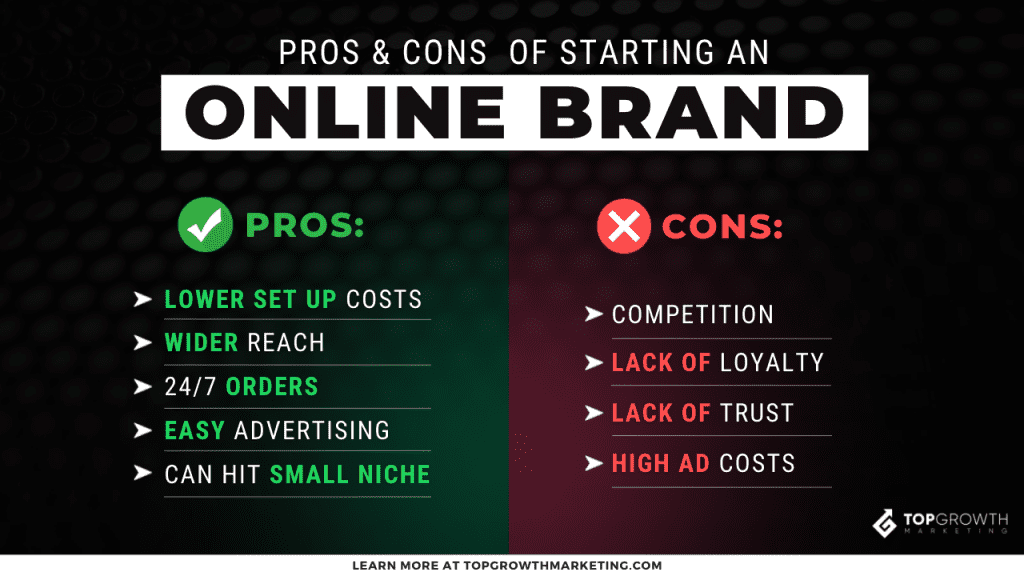

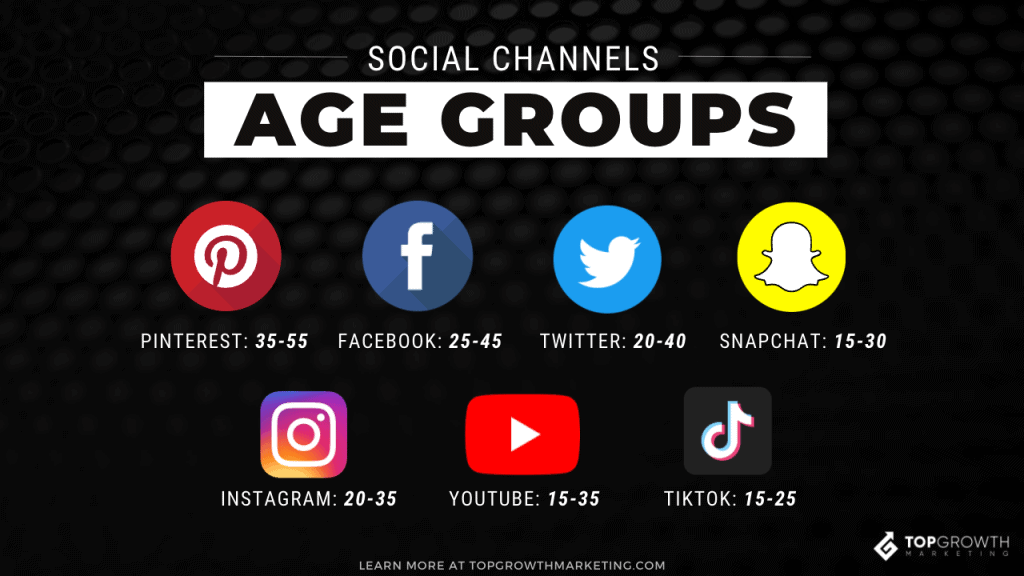
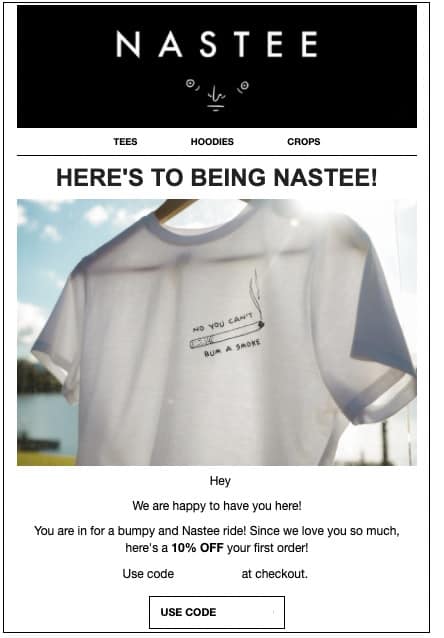

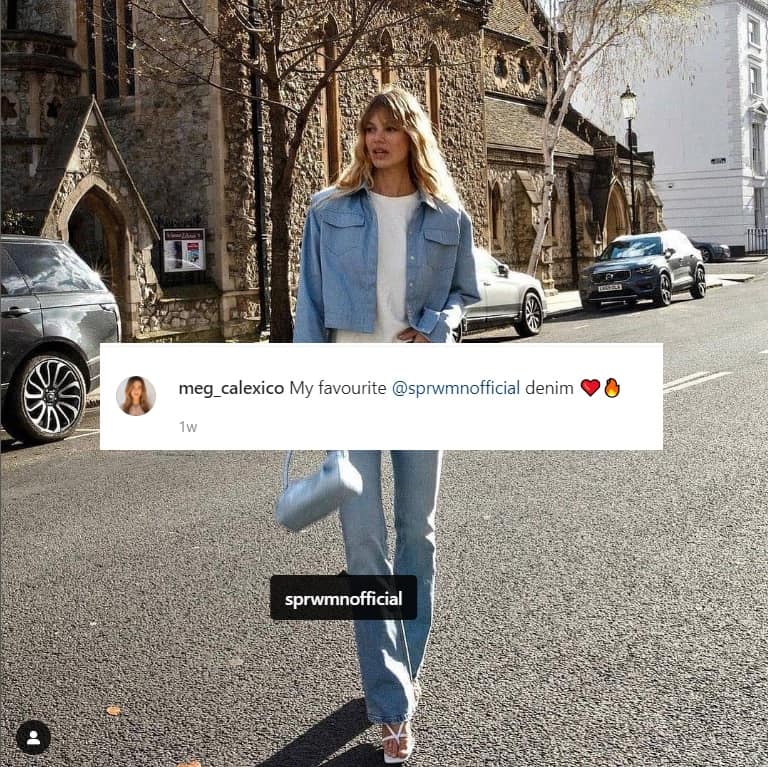
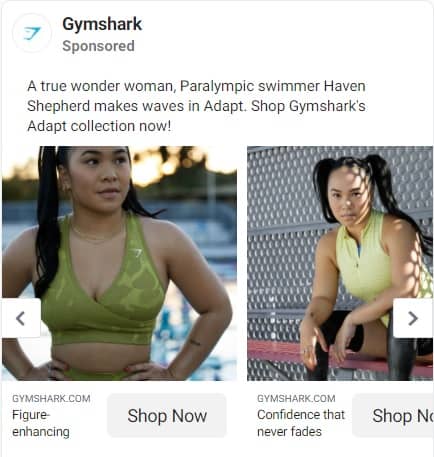
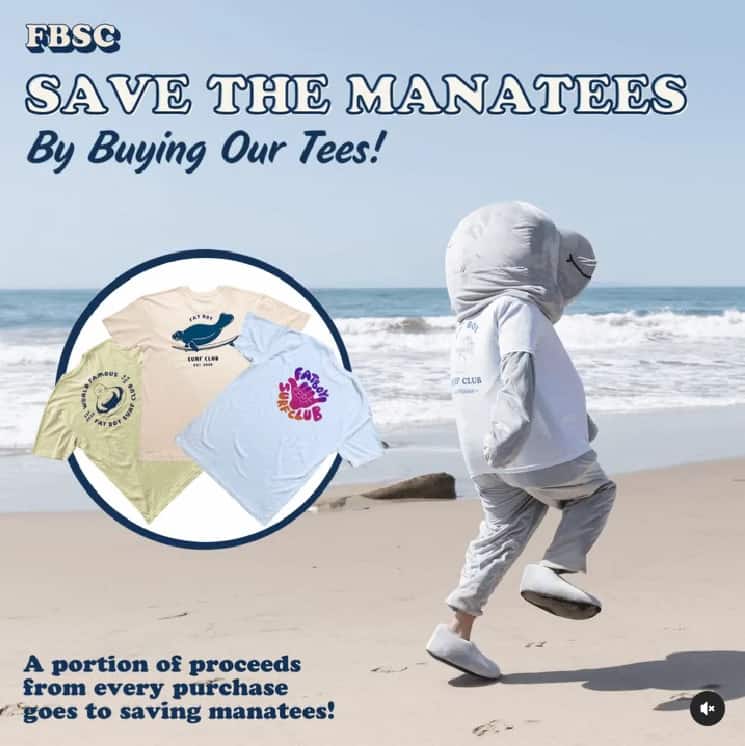

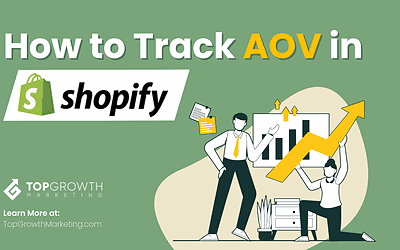
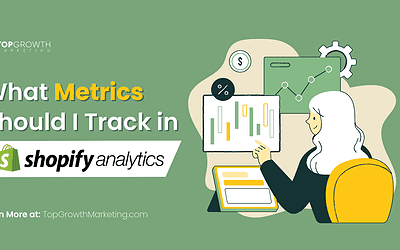
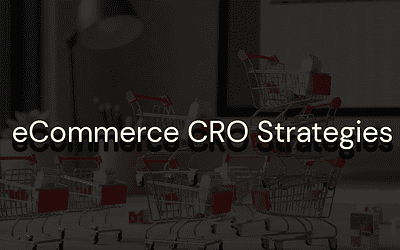

0 Comments